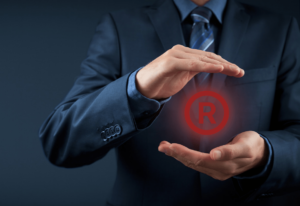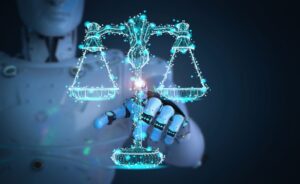On June 29, 2023, amendments came into force removing restrictions on the circle of persons who could become trademark owners. According to Article 1478 of the Civil Code of the Russian Federation (hereinafter - the Civil Code of the Russian Federation), which was in force until that date, only legal entities or individual entrepreneurs could be holders of the exclusive right to a trademark.
Exclusion of this article from the Civil Code of the Russian Federation in its meaning is tantamount to allowing all interested individuals, including those without the status of "self-employed", to register trademarks. The absence of restrictions on the range of persons who may be trademark holders is in line with the practice of many foreign countries.[1]In addition to the approach adopted in relation to other objects of intellectual rights, the right holders of most of which may be any subjects of civil law.
The period that has passed since the innovation is too short for an objective analysis of its consequences, but by now experts have already noted many pros and cons of the chosen solution.
Among the undoubtedly positive consequences of trademark registration by individuals should be emphasized the possibility of trademark registration by business owners, which allows them to carry out business activities through legal entities created by them, but at the same time directly own exclusive rights to the most important trademarks for them, protecting themselves from the loss of rights to the brand. Such owners will be spared from the need to apply various kinds of workarounds with registration of trademarks for some legal entities when they are used by others or to become individual entrepreneurs for registration of trademarks.

At the same time, even for such a positive solution for business organization in general, certain disadvantages may be noted, consisting, for example, in the possibility of avoiding liability to creditors in case of insolvency (bankruptcy) of a legal entity engaged in active entrepreneurial activity, but not being a trademark right holder. It should also be noted the need for additional costs for registration of licenses when granting them even to legal entities owned by the trademark right holder itself.
The possibility to register trademarks will allow individuals to develop their own brands, but in most cases only individual entrepreneurs and self-employed persons are entitled to legally use them for the purpose of systematic income generation among individuals. According to the Federal Tax Service of Russia, in 2022 the number of registered payers of tax on professional income (self-employed) exceeded 6.5 million[2]. It can be assumed that many self-employed will need the opportunity to use means of individualization to promote their goods and services, including on marketplaces, but it is still difficult to estimate the share of the self-employed who will use the new opportunity provided. At the same time, it should be noted that, given the costly registration of trademarks, it seems illogical to carry out activities for their use as a self-employed person (payer of tax on professional income) with all the established restrictions on the possibility of registration and entrepreneurial activity as an individual entrepreneur.
The possibility for individuals to become trademark owners eliminates the problem related to the inheritance of exclusive rights to trademarks, which required the development of special approaches within the framework of judicial practice, including clarifications by the Supreme Court of the Russian Federation[3].
Among the most significant negative consequences associated with the granting of the right to register trademarks to any individuals, one usually highlights the risks of the use of the granted right by some individuals to register trademarks in order to block the use of similar signs by others. Without completely excluding such a possibility, it should still be recognized that mass registration of trademarks by individuals for such purposes is unlikely, since registration itself is an expensive and time-consuming process, requiring the payment of significant fees, the formation and filing of the application and accompanying documents, a long waiting period. Thus, new opportunities for "patent trolls" are being created, but only time will tell how much they will be in demand. At the same time, one cannot but recognize that the decision taken to abolish restrictions on the range of entities capable of becoming owners of exclusive rights to trademarks is in line with the approaches used in a number of foreign countries and creates a basis for variability in solving individual business problems in practice.
[1] Smirnov D.A. Physical person as a right holder of a trademark (service mark) // Intellectual Property. Industrial property. 2021. № 4. С. 71 - 77.
[2] https://www.interfax.ru/business/880683
[3] Paragraph 85 of the Resolution of the Plenum of the Supreme Court of the Russian Federation of 29.05.2012 № 9 (ed. of 24.12.2020) "On judicial practice in cases of inheritance".
Author of the article: Dmitry Ivanov






